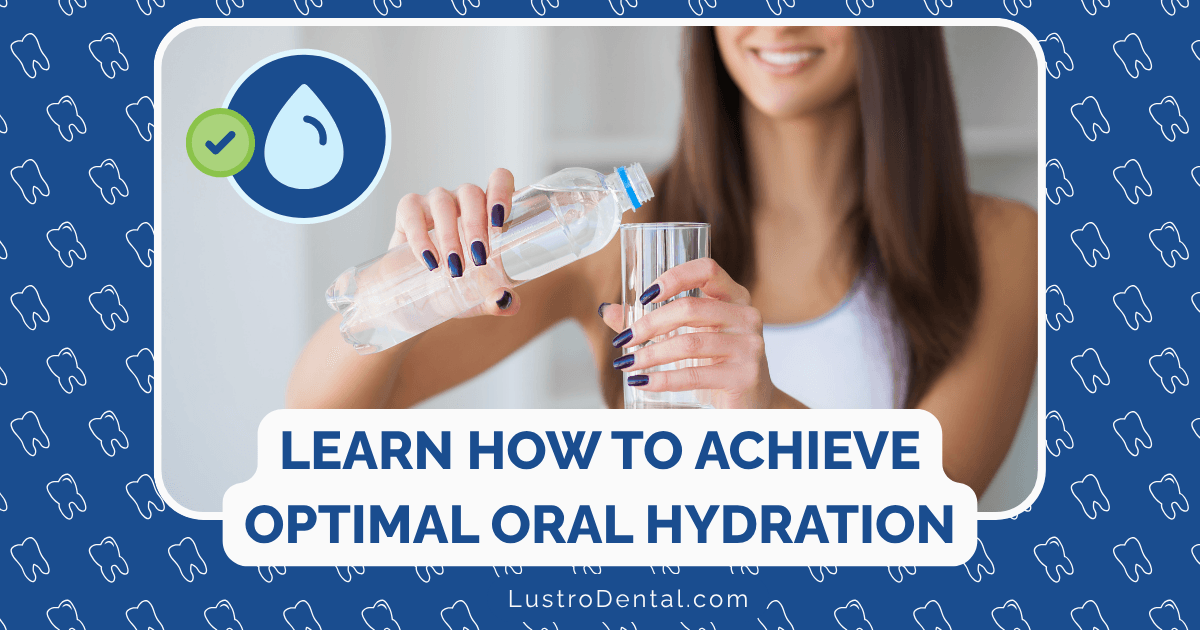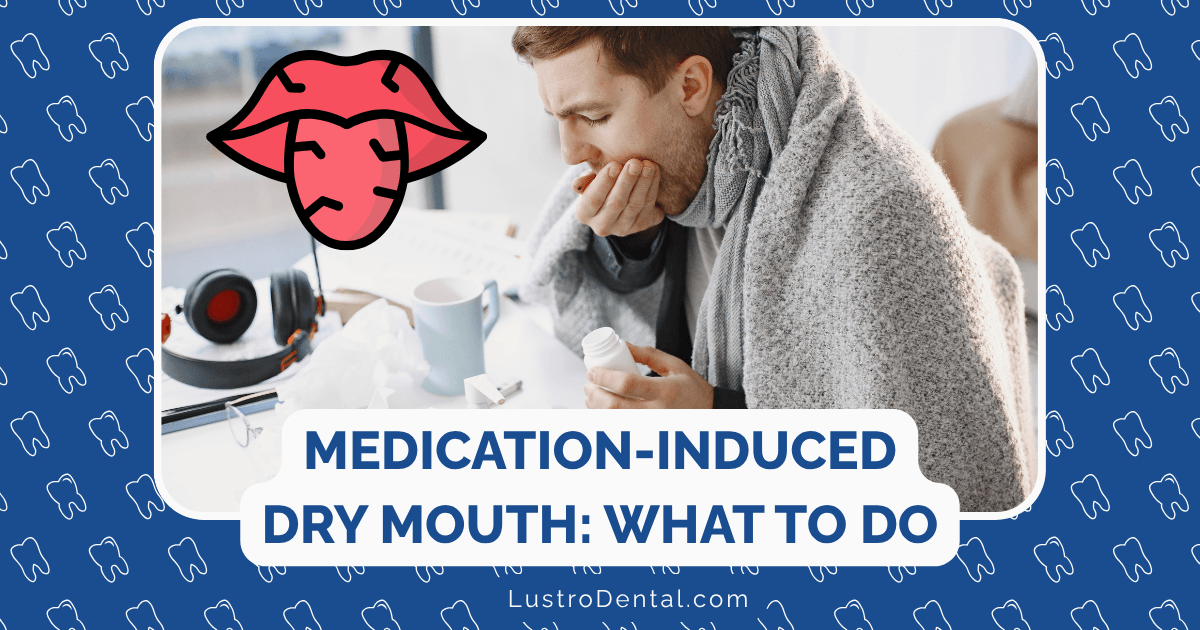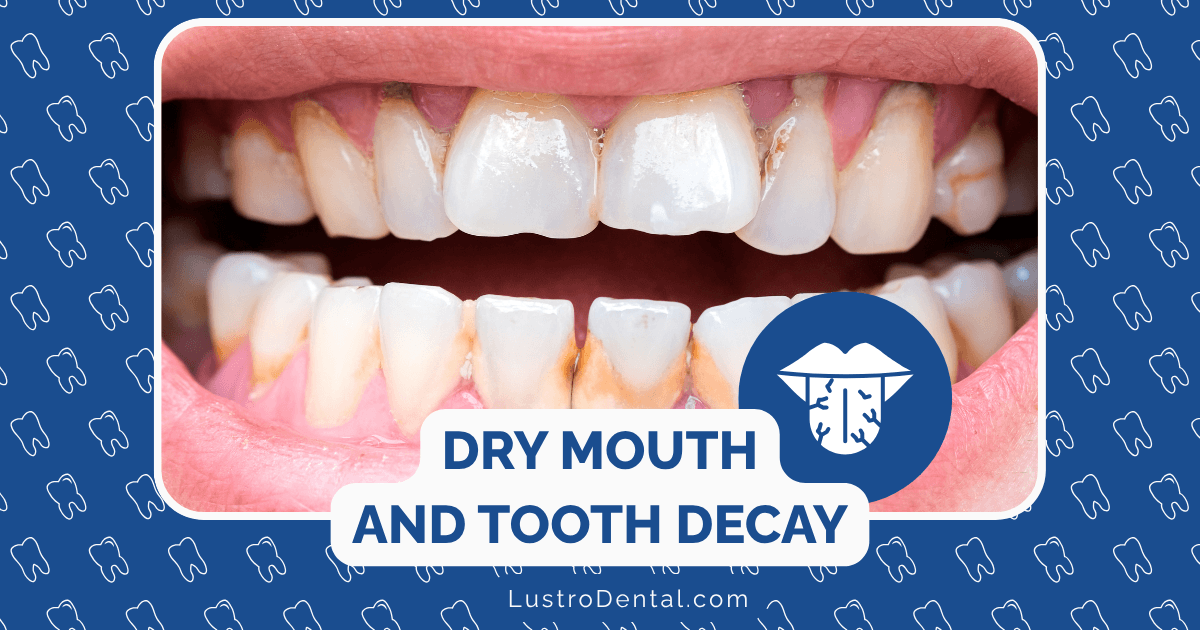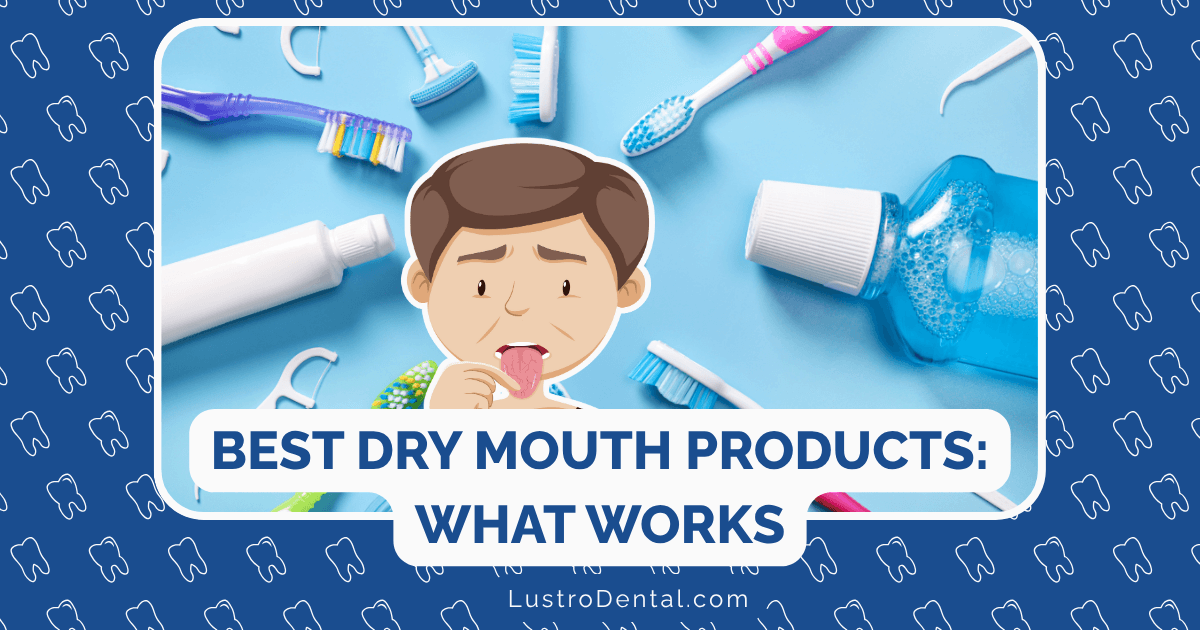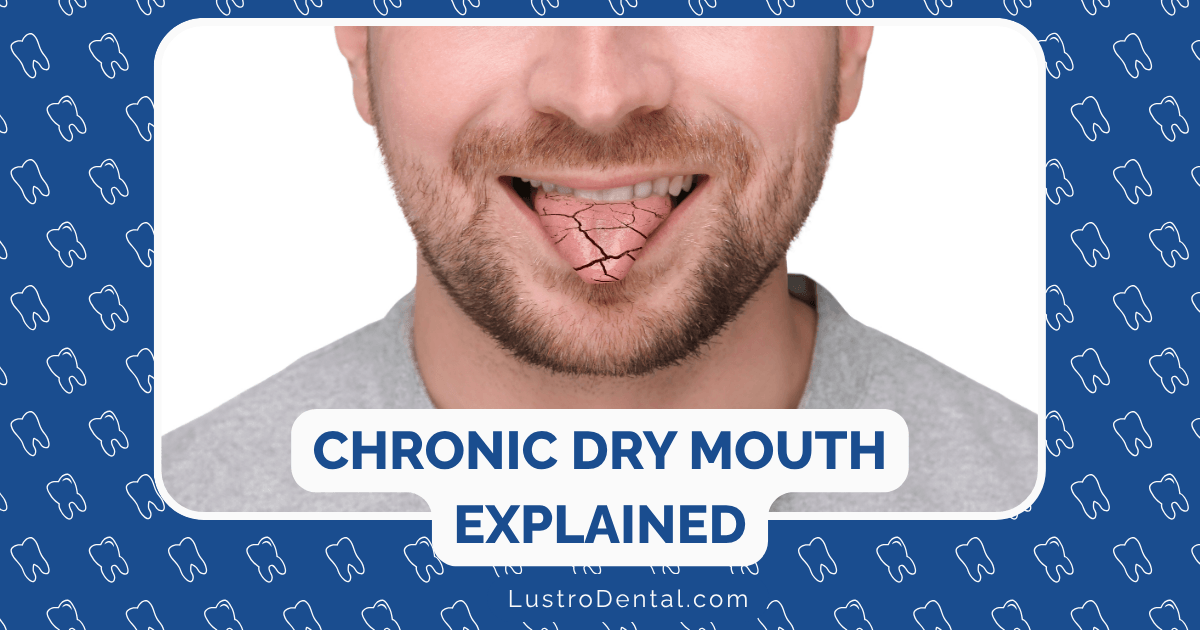Stress-Related Oral Habits and Their Dental Consequences
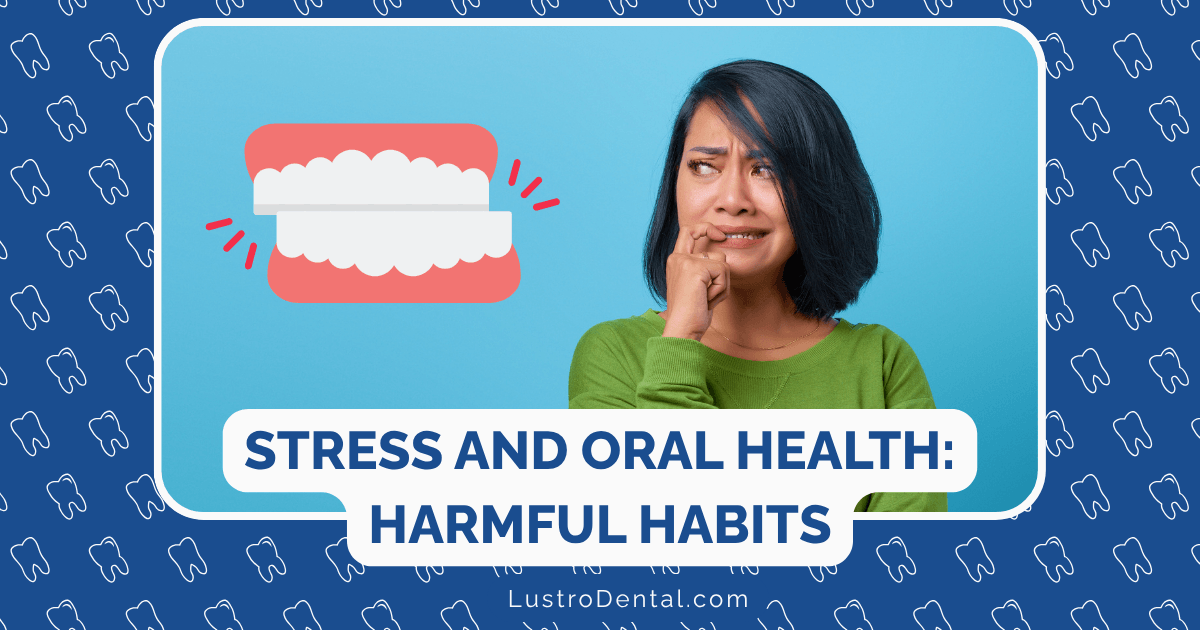
In our fast-paced modern world, stress has become an unwelcome companion for many of us. While we often associate stress with mental health challenges and conditions like high blood pressure, its impact on our oral health remains largely overlooked. As a dental health advocate, I’ve witnessed firsthand how stress manifests in harmful oral habits that can have serious, long-lasting consequences for dental health.
The mouth often serves as a mirror reflecting our emotional state, with stress-induced behaviors silently damaging our teeth, gums, and surrounding structures. Let’s explore the complex relationship between stress and oral health, and most importantly, what you can do to protect your smile even during life’s most challenging moments.
The Stress-Oral Health Connection: More Than Just a Feeling
Stress triggers a cascade of physiological responses in our bodies—from increased cortisol production to muscle tension—all of which can directly and indirectly affect our oral health. According to research published by the National Center for Biotechnology Information, psychological stress contributes to poor oral health through multiple pathways, creating a complex web of cause and effect.
The Science Behind the Connection
When we experience stress, our bodies enter a “fight or flight” response, releasing hormones that prepare us to face perceived threats. This biological response can:
- Increase inflammation throughout the body, including the gums
- Compromise immune function, making it harder to fight oral infections
- Trigger unconscious physical behaviors like teeth grinding
- Alter saliva production and composition
- Impact our daily habits and routines, including oral hygiene practices
A 2025 study by Delta Dental found that individuals with chronic stress were 37% more likely to develop significant oral health problems compared to those with lower stress levels. This striking statistic underscores the importance of addressing stress as part of comprehensive dental care.
Common Stress-Related Oral Habits and Their Consequences
Let’s examine the most prevalent stress-induced oral behaviors and understand their potential impact on your dental health:
1. Bruxism (Teeth Grinding and Jaw Clenching)
Perhaps the most common stress-related oral habit, bruxism affects up to 31% of adults, with stress being the primary trigger in most cases.
The Behavior: During periods of stress, many individuals unconsciously clench their jaw muscles or grind their teeth, particularly during sleep when conscious control is absent. The jaw muscles are exceptionally powerful, capable of exerting up to 250 pounds of force on the teeth.
The Consequences:
- Tooth Wear: Grinding gradually wears down tooth enamel, flattening the chewing surfaces and potentially exposing the more sensitive dentin layer beneath.
- Cracked or Fractured Teeth: The excessive pressure can cause teeth to chip, crack, or fracture, requiring extensive restorative treatments.
- Increased Sensitivity: As protective enamel wears away, teeth become more sensitive to hot, cold, and sweet stimuli.
- TMJ Disorders: Prolonged clenching and grinding can damage the temporomandibular joint (TMJ), leading to jaw pain, clicking sounds, and limited jaw movement.
- Headaches and Facial Pain: The constant muscle tension can trigger tension headaches and facial soreness.
Dr. Michael Chen, a leading TMJ specialist, notes: “Many patients don’t realize they’re grinding their teeth until significant damage has occurred. The force generated during nighttime grinding can be up to three times greater than during normal chewing activities.”
2. Nail Biting and Oral Fixations
Stress often manifests in repetitive behaviors focused on the mouth and surrounding areas.
The Behavior: Nail biting, lip chewing, cheek biting, and other oral fixations tend to increase during periods of anxiety or stress as self-soothing mechanisms.
The Consequences:
- Malocclusion: Habitual nail biting can gradually shift teeth out of alignment, potentially requiring orthodontic treatment.
- Chipped Teeth: Using teeth as tools to bite nails can lead to small fractures and chips in the front teeth.
- Soft Tissue Damage: Chronic cheek or lip biting can create sores, ulcers, and thickened tissue in the mouth.
- Bacterial Transfer: Placing fingers in the mouth transfers bacteria that can contribute to oral infections and gum disease.
3. Dry Mouth (Xerostomia)
Stress directly affects saliva production, a critical component of oral health.
The Behavior: During stress, the body’s sympathetic nervous system activates, potentially reducing saliva flow. Additionally, rapid, shallow breathing through the mouth (common during anxiety) can dry oral tissues.
The Consequences:
- Increased Cavity Risk: Saliva naturally neutralizes acids and washes away food particles; reduced saliva means greater risk for tooth decay.
- Gum Disease Progression: Dry mouth creates an environment where harmful bacteria can thrive, accelerating gum disease.
- Halitosis (Bad Breath): Insufficient saliva leads to bacterial overgrowth that causes unpleasant breath odors.
- Oral Discomfort: Chronic dry mouth can cause a burning sensation, difficulty swallowing, and altered taste perception.
According to the PH Dental research from 2025, individuals experiencing chronic stress are 28% more likely to report symptoms of dry mouth compared to the general population.
4. Poor Dietary Choices
Stress often drives changes in eating habits that impact oral health.
The Behavior: Many people turn to comfort foods during stressful periods—typically items high in sugar, simple carbohydrates, and acids. Additionally, stress may increase consumption of caffeine, alcohol, and tobacco products.
The Consequences:
- Accelerated Tooth Decay: Frequent consumption of sugary foods and beverages provides fuel for cavity-causing bacteria.
- Acid Erosion: Acidic foods, drinks, and increased reflux from stress can erode dental enamel.
- Gum Inflammation: Poor nutrition compromises the immune system, making gum tissues more vulnerable to infection.
- Staining: Increased consumption of coffee, tea, red wine, or tobacco products leads to dental discoloration.
5. Neglected Oral Hygiene
Perhaps most concerning is how stress impacts our daily self-care routines.
The Behavior: During high-stress periods, individuals often neglect or rush through basic oral hygiene practices like brushing, flossing, and regular dental visits.
The Consequences:
- Plaque Buildup: Inconsistent oral hygiene allows bacterial plaque to accumulate on teeth.
- Gingivitis and Periodontitis: Neglected oral care accelerates gum inflammation, potentially leading to irreversible bone loss around teeth.
- Undetected Dental Issues: Skipping regular dental appointments means problems may progress unnoticed until they become painful or expensive emergencies.
- Compounded Problems: Minor issues that could be easily treated early become major concerns requiring extensive intervention.
Breaking the Cycle: Protecting Your Dental Health During Stressful Times
The good news is that with awareness and proactive measures, you can protect your oral health even during life’s most stressful chapters. Here’s a comprehensive approach:
1. Recognize the Signs
Self-awareness is the first step toward change. Monitor yourself for these warning signs:
- Sore jaw or facial muscles upon waking
- Headaches, particularly in the morning
- Sensitive or loose teeth
- Receding gums or teeth that appear longer
- Worn, flat, or chipped tooth surfaces
- Indentations on the tongue or cheek tissue
- Clicking or popping sounds in the jaw joint
2. Professional Dental Interventions
Your dentist is your ally in addressing stress-related oral habits:
Custom Occlusal Guards
For bruxism, a professionally fitted night guard creates a protective barrier between upper and lower teeth, preventing damage from grinding and reducing muscle strain. According to Gateway Family Dentist, custom guards are significantly more effective than over-the-counter options, providing better protection and comfort.
Regular Preventive Care
Maintaining consistent dental check-ups is especially important during stressful periods. Your dentist can identify early signs of grinding, erosion, or gum inflammation before they cause significant damage.
Restorative Treatments
If stress has already caused dental damage, modern restorative options like bonding, veneers, or crowns can repair affected teeth and prevent further deterioration.
3. Stress Management Techniques
Addressing the root cause—stress itself—is essential for long-term oral health:
Mindfulness and Meditation
Research published in the Journal of Dental Research shows that regular mindfulness practice can reduce bruxism episodes by 70% in some individuals by lowering overall muscle tension and stress hormones.
Try this: The “5-5-5” breathing technique. Inhale for 5 seconds, hold for 5 seconds, and exhale for 5 seconds. Practice for just 5 minutes daily, paying special attention to relaxing your jaw muscles during the exercise.
Physical Activity
Regular exercise reduces stress hormones while releasing endorphins—natural mood elevators. Even moderate activity like walking can significantly lower stress levels.
Cognitive Behavioral Therapy (CBT)
For severe stress-related oral habits, working with a mental health professional trained in CBT can help identify triggers and develop healthier coping mechanisms.
Sleep Hygiene
Quality sleep reduces stress and the likelihood of nighttime grinding. Create a consistent sleep schedule and a relaxing bedtime routine free from screens and stimulants.
4. Targeted Approaches for Specific Habits
Different stress-related habits require tailored strategies:
For Bruxism:
- Practice jaw relaxation exercises throughout the day
- Apply warm compresses to relax jaw muscles before bed
- Avoid chewing gum and tough foods that fatigue jaw muscles
- Reduce caffeine, especially after noon
- Consider biofeedback devices that alert you to clenching
For Dry Mouth:
- Stay well-hydrated throughout the day
- Use sugar-free lozenges or gum to stimulate saliva flow
- Consider alcohol-free mouth rinses specifically designed for dry mouth
- Use a humidifier while sleeping
- Discuss medication adjustments with your physician if medications contribute to dryness
For Oral Fixations:
- Identify your triggers and substitute healthier alternatives (stress balls, fidget toys)
- Apply bitter-tasting nail polishes designed to discourage nail biting
- Practice mindfulness to increase awareness of unconscious habits
- Consider wearing a mouth guard temporarily to interrupt cheek or lip biting
5. Nutrition and Supplementation
What you eat affects both stress levels and oral health:
Anti-Inflammatory Diet
Focus on whole foods rich in omega-3 fatty acids, antioxidants, and vitamin C, which support gum health and reduce inflammation.
Limit Stress-Inducing Substances
Reduce consumption of caffeine, alcohol, and refined sugars, which can exacerbate stress and anxiety while damaging teeth.
Consider Supplements
Magnesium has been shown to help relax muscles and may reduce teeth grinding in some individuals. Vitamin B complex can help the body manage stress more effectively.
Special Considerations: When Stress and Oral Health Intersect with Other Conditions
For many individuals, stress-related oral habits occur alongside other health concerns that require special attention:
Anxiety Disorders and Dental Care
People with diagnosed anxiety disorders often experience heightened dental anxiety, creating a challenging cycle where fear prevents necessary treatment, worsening oral health problems.
Strategies:
- Discuss anxiety openly with your dental provider
- Consider anti-anxiety medications or sedation dentistry for procedures
- Schedule appointments during less stressful times of day
- Practice relaxation techniques specifically for dental visits
Depression and Oral Self-Care
Depression can significantly impact motivation for self-care, including oral hygiene. According to a 2025 study, individuals with depression were three times more likely to neglect regular brushing and dental appointments.
Strategies:
- Set simple, achievable oral care goals
- Use timer apps or electric toothbrushes with timers
- Connect oral care to existing habits (brushing right after a regular medication)
- Enlist support from loved ones for reminders and encouragement
Medications and Oral Side Effects
Many medications prescribed for stress, anxiety, or depression can cause dry mouth, increasing risk for decay and gum disease.
Strategies:
- Discuss potential oral side effects with your prescribing physician
- Consider medication adjustments if oral side effects are severe
- Implement aggressive preventive measures like prescription-strength fluoride
- Increase water intake and use saliva substitutes as needed
Success Stories: Breaking Free from Stress-Related Oral Habits
Many individuals have successfully overcome the dental consequences of stress through comprehensive approaches:
Case Study: Jennifer’s Journey
Jennifer, a 42-year-old marketing executive, had been grinding her teeth for years due to work-related stress. After fracturing two molars and developing persistent TMJ pain, she committed to a comprehensive approach:
- Using a custom night guard consistently
- Practicing daily meditation and jaw relaxation exercises
- Working with a therapist to develop healthier stress management techniques
- Setting boundaries around work hours and digital connectivity
Within six months, Jennifer’s dentist noted no new damage to her teeth, her TMJ pain had resolved by approximately 80%, and she reported feeling more in control of both her stress and her oral health.
Conclusion: The Mind-Mouth Connection
The relationship between stress and oral health represents a fascinating intersection of psychology and physiology—a powerful reminder that our mental and physical well-being are inextricably linked. By recognizing stress-related oral habits early and implementing targeted interventions, you can protect your dental health even during life’s most challenging periods.
Remember that addressing these issues requires patience and compassion for yourself. Small, consistent steps toward better stress management and oral care will yield significant benefits over time.
Your dental health deserves attention and care, especially during stressful times. By understanding the connection between your emotional state and oral habits, you can break destructive cycles and preserve your smile for years to come.
Have you noticed changes in your oral health during stressful periods? What strategies have worked for you? Share your experiences in the comments below.


